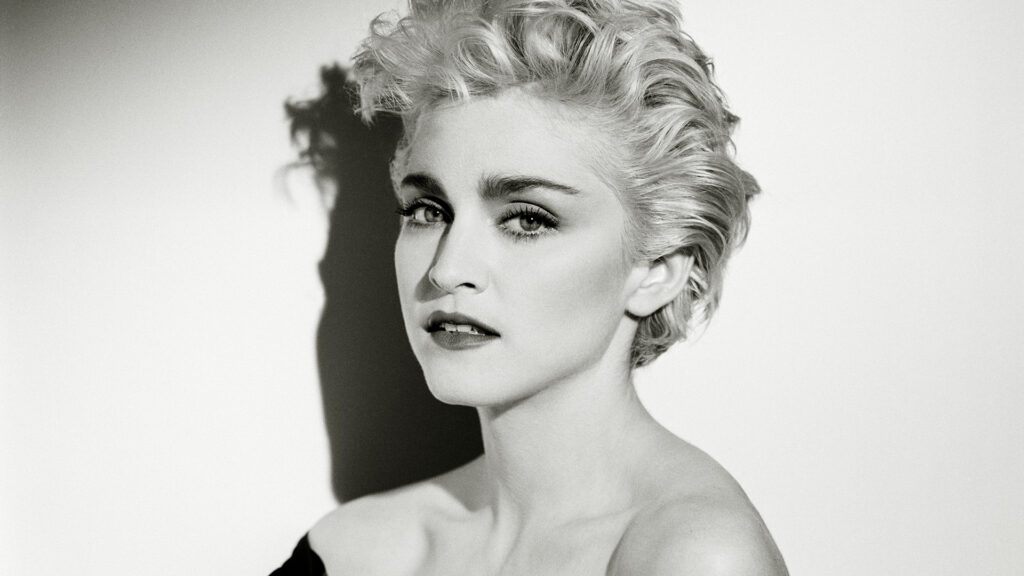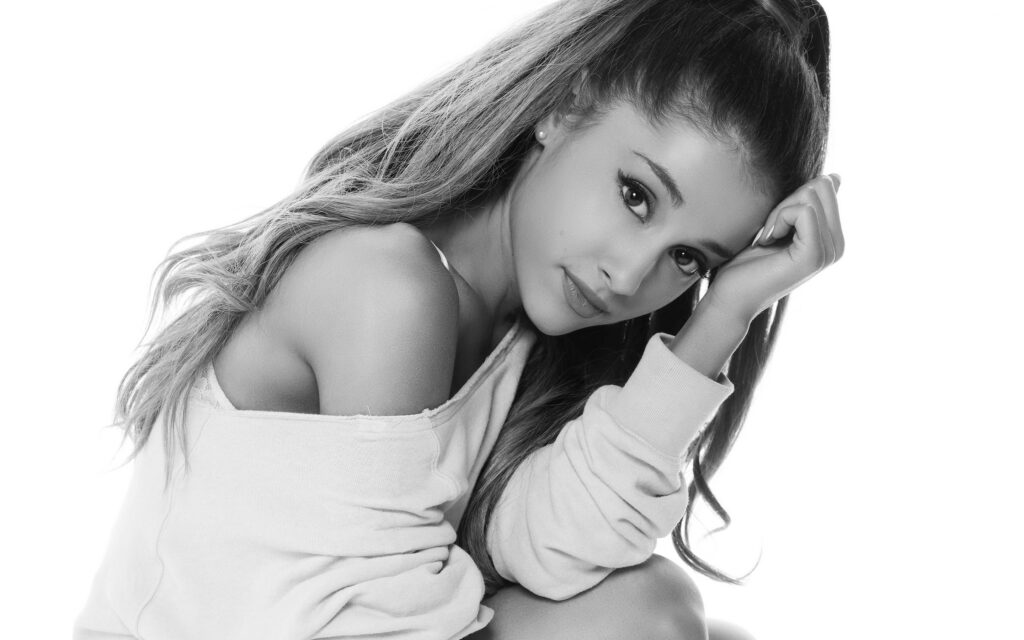
Luciano Pavarotti was one of the most celebrated tenors in the history of opera and classical music. Born on October 12, 1935, in Modena, Italy, he became a global icon known for his powerful voice, charismatic stage presence, and ability to connect with audiences.
Early Life and Education:
- Background: Pavarotti was raised in a modest family, and his father was a baker and amateur singer. His mother was a tobacco factory worker who encouraged his musical interests.
- Training: He began singing at a young age and pursued formal vocal training, eventually studying under the renowned tenor Arrigo Pola.
Career Highlights:
- Debut: Pavarotti made his professional debut in 1961 in a production of “Lucia di Lammermoor” at the Teatro Municipale in Modena. His rise to fame was rapid, and he soon became a prominent figure in major opera houses around the world.
- Notable Performances: He is known for his performances in many famous operas, including:
- “La Bohème”
- “Tosca”
- “Rigoletto”
- “Aida”
- Crossing Over: In addition to his opera career, Pavarotti gained international fame through his crossover into pop music, collaborating with artists like Andrea Bocelli, Bono, and James Brown. His concerts often featured a mix of classical and popular songs.
Style and Influence:
- Vocal Technique: Pavarotti was known for his extraordinary vocal technique and the ability to deliver high notes with remarkable clarity and power. His interpretations were characterized by emotional depth and an innate understanding of the music.
- Cultural Impact: He played a crucial role in popularizing opera and classical music, making it accessible to wider audiences. His charisma and approachability helped bring opera into mainstream culture.
Awards and Recognition:
- Throughout his illustrious career, Pavarotti received numerous awards, including multiple Grammy Awards, Kennedy Center Honors, and a star on the Hollywood Walk of Fame. He was also appointed a Knight of the Order of the British Empire.
Personal Life:
- Pavarotti was known for his larger-than-life personality and love for food, often joking about his passion for cooking. He was married twice and had three daughters. He was also involved in charitable work, particularly through his Pavarotti & Friends concerts, which raised funds for various humanitarian causes.
Legacy:
- Luciano Pavarotti passed away on September 6, 2007, but his legacy continues to resonate. He is remembered as one of the greatest tenors of all time, and his recordings and performances remain beloved by fans of classical music around the world.
His influence on the world of music, particularly opera, is profound, and he inspired countless musicians and singers. Pavarotti’s ability to convey emotion and beauty through his voice has left an indelible mark on the art form.


